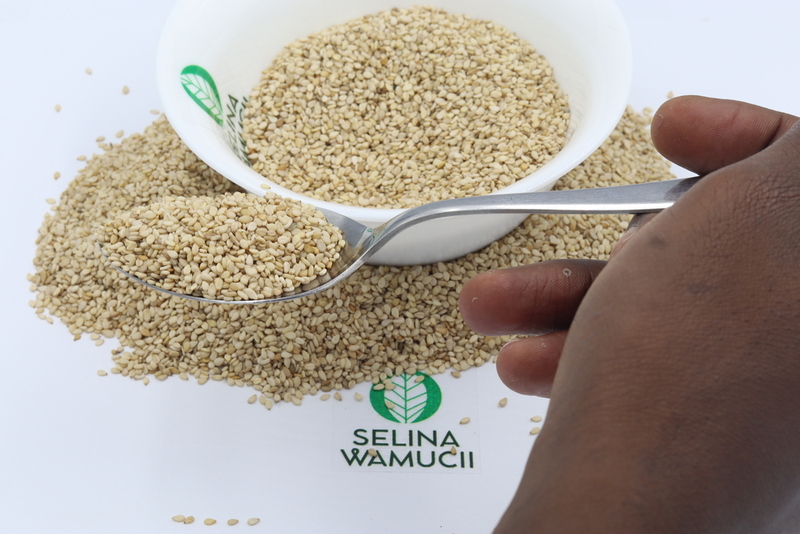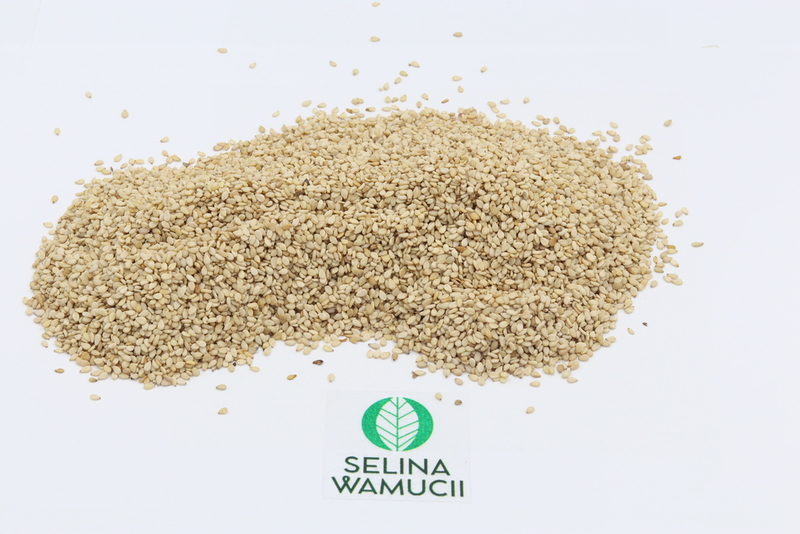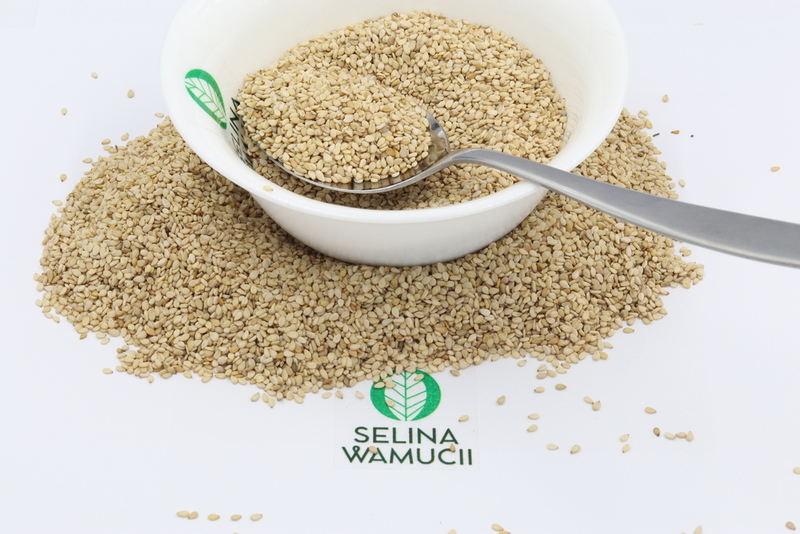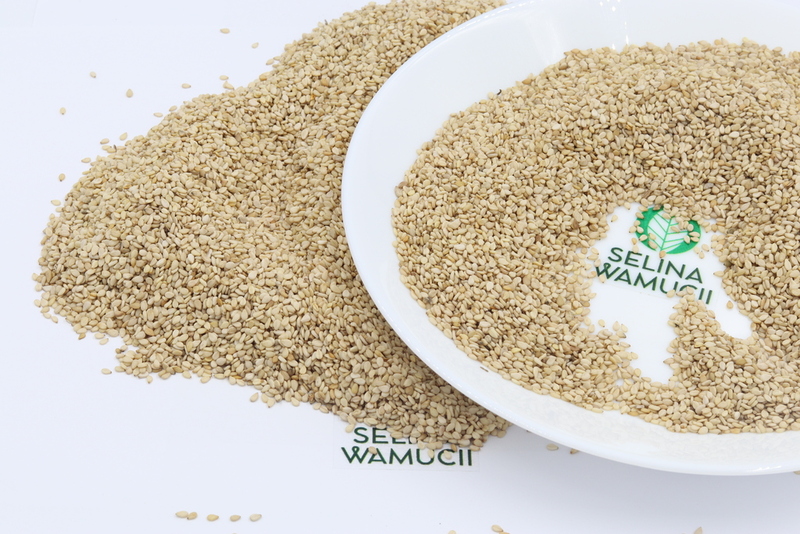Buy Djibouti Sesame Seeds Directly From Exporters & Suppliers - Best of 2024 Market Prices
| Summary | |
|---|---|
| Varieties | White,Natural,Black |
| Packing | 25 to 50kg bags |
| Size | 2mm-3mm |
| Season | October, November |
| Storage | Room temperature, dry, cool places |
| Transport Conditions | Clean, dry, containers. 89-90% relative humidity. Room temperature 15-19 degrees celsius |
Sesame is known as one of the smallest seeds in the world. It is a tiny, oil-rich seed that grows in pods on the sesamum indiocum plant. The seed is golden brown in colour when roasted but white when freshly harvested. Sesame seeds are a great source of fibre and are known to combat high cholesterol levels. They contain 15 % saturated fats,41 % unsaturated and 39 % monounsaturated fats. They have great a nutty flavour and are used to spice up many baked foods. Sesame seed is about 3 mm long by 2 mm wide. It is said to be among the oldest oilseed crops known to be domesticated over 3,000 years ago
Djibouti sesame seeds farming began the 1900s in when it was still known as French Somaliland. It was introduced from the Middle East from Asia. Not until the 1970s did Djibouti start commercial farming of the seeds. That was about a few years after it was granted independence as a state. Today sesame farming is picking up as the seeds are grown even froe export
There are two common types of Djibouti sesame seeds:
- White/Natural sesame: The white variety is considered to be in its purest form. They have a rich flavour and texture and are mostly sprinkled on top of baked foods
- Black sesame seeds: These are known for their great medicinal value. They are rich in zinc and calcium and also known to prevent ageing.
The white and black sesame seeds could either be sold as hulled or unhulled. Hulled sesame seeds have the outer husk removed. They are the best for export as they are of high quality while the unhulled seeds are those kinds of sesame seeds whose outer skin hasn’t been removed. They skip a step during processing and are also very nutritious.
Sesame performs great in hot and humid environment, making Djibouti one of the most favourable places, the daily temperatures being 27 degrees Celcius. Sesame plants are intercropped with sorghum to make the seeds less prone to shattering since the sorghum plant is used as a shade material. The planting period is immediately after the onset of the rainy period in June to mid-September. They take approximately 90 to 130 days to maturity. Maturity is indicated when the leaves on the base of the stem begin to fall.
On small surfaces, sesame is harvested with sickle then bounded into bundles where drying is continued without losing quality. On bigger surfaces, it is harvested in two phases. Fist it is cut with a windrower then after drying is collected with a combined harvester. Poor storage conditions reduce the quality of the seeds; hence it is important to maintain high standards of storage. Sesame seeds are often packed in containers of capacity if 16 to 19 tonnes or in 25 and 50 kg bags ready for export. They should be stored in a cool, dry place. Most of the sesame seeds grown in Djibouti is exported to Somali and Kenya. The country is yet to start exporting internationally. The rest is consumed locally.
Buy Djibouti sesame seeds from this platform. Look out for our great prices and deals. Welcome on board.
Get Instant Quote
Are you a producer of Djibouti Sesame Seeds or other products?
Sign up today for FREE to buy or sell Djibouti Sesame Seeds.





